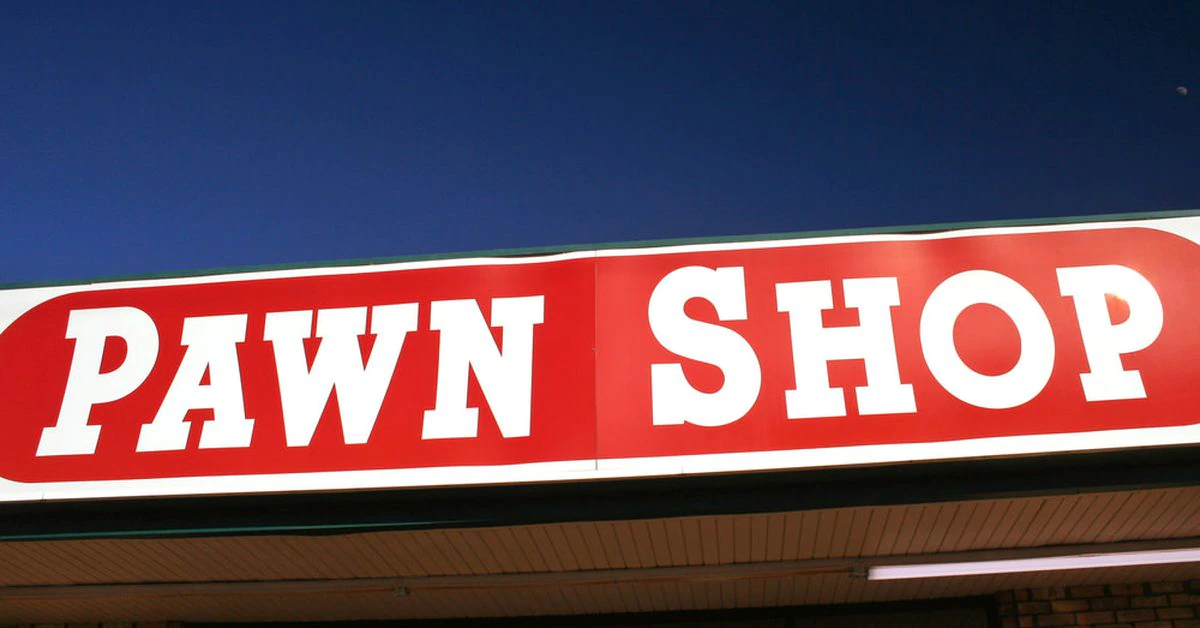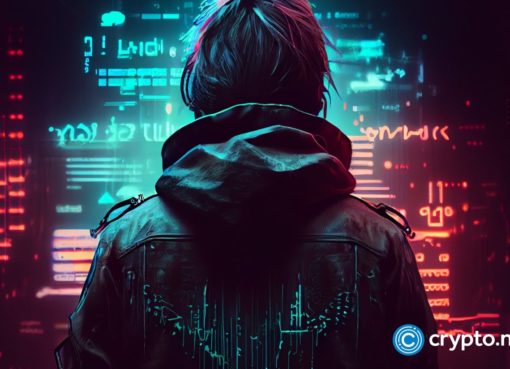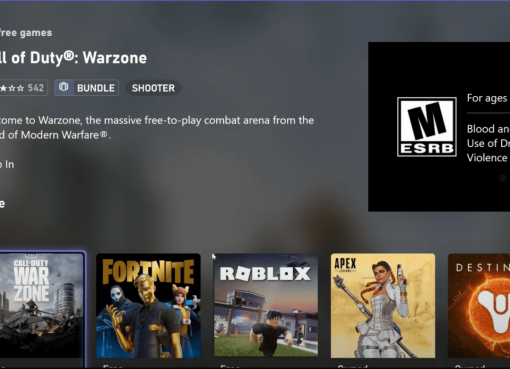It’s like a pawn shop for NFTs.
A startup blockchain project called NFTfi is allowing users to borrow against their non-fungible tokens, in a new project that sits at the nexus of decentralized finance (DeFi) and the red-hot NFT market.
NFTfi allows users to mortgage their NFTs in exchange for other cryptocurrencies that can then be sold for cash. The service provides immediate liquidity to NFT holders who aren’t yet ready to part with their CryptoPunks or Bored Apes.
The new offering hints at the growing demand for DeFi applications as NFTs gain greater user adoption.
“NFTs are undoubtedly becoming a gateway into the DeFi space for mainstream audiences,” said Lauren Stephanian, a principal at Pantera Capital. “As new collectors become more active in the NFT market, they’ll seek new ways to leverage their assets through DeFi mechanisms like collateralized lending, fractionalized assets, staking, and much more.”
Collateralized lending against NFTs joins a growing roster of services and derivatives products that various startups have rolled out to meet demand from traders. Other NFT derivatives projects include fractionalization platform Fractional, staking provider NFTx and cross-chain liquidity protocol Taker.
Once bought, NFTs are typically hard to use in a productive manner, unlike fungible tokens, which are more liquid and can easily be staked, lent out, or otherwise put to work to generate yield.
“If you have a CryptoPunk and you need cash but don’t want to sell it, you can use it as collateral,” NFTfi co-founder Stephen Young told CoinDesk.
The loan can then be used in a variety of ways: converted into fiat, deployed into DeFi protocols, or even used to buy more NFTs.
Determining the collateral value
The platform, which runs on the Ethereum network, allows anyone to make loans and set terms without an intermediary, similar to DeFi protocols Compound and Aave — but with NFTs.
“The possibilities are endless when merging technologies,” said Daniela Henao, COO of Defy Trends, a crypto analytics company.
Borrowers could expect to get a loan amount of approximately 50% of the value of the NFT, with annualized interest rates typically ranging from 20% to 80%, depending on the desirability of the NFT. Lenders determine what they think is fair value of the collateral, usually by looking at recent sales history or the floor price of similar assets. The floor price is the lowest offer price at which an NFT from a particular series can be bought.
Once the terms are agreed by both parties, the NFT is transferred from the borrower’s wallet and into an escrow account, and a smart contract facilitates the loan. The lender is entitled to get back the underlying NFT if the borrower fails to return the loan and interest at the end of the term.
The company has done over $12 million in volume since launching in June 2020. Young says the average loan size is $26,000 for the month, but the platform has already facilitated loans as high as $200,000. Default rates hover just below 20% and vary depending on the NFT.
Currently, loans are available in ether, the native token of the Ethereum blockchain, or DAI, a stablecoin pegged to the U.S. dollar.
“There’s a few different types of people that use our service,” said Young. “Some are people who were really into NFTs last year, and bought them with very little money. One of our users lost her job during covid and took out a loan to pay for expenses.”
Get pocket money, or double down
Young says other users of the service include university students putting up NFTs for pocket money, DeFi traders looking for liquidity to pay margin calls, and yield farmers leveraging their NFTs to earn even higher rates using DeFi protocols.
CryptoPunks typically garner 18% APY for a lender, while a Bored Ape could fetch between 40% and 60% APY. Some loans have annualized interest rates as high as 100% or 150%.
However, some lenders may not be in it for the yield.
“A lot of the lenders actually want the NFTs, so they’re hoping the borrower will default,” explained Young. “Then they’re basically getting the NFT at a 50% discount.”
In February, the company raised a $890,000 investment round from venture capital firm CoinFund, a decentralized autonomous organization called The LAO and private investors such as Dapper Labs CIO Roham Gharegozlou.
“In the future that we’re moving towards, meaningful interaction with NFTs will include not only gameplay or visual elements, but also financial components too, including those enabled by NFTfi’s expanding product suite,” Evan Feng, director of research at CoinFund, told CoinDesk.
Others view NFTs as a way for retail investors to get more involved with DeFi.
“DeFi has historically had a high barrier to entry due to the user experience gap, but NFTs are now offering a user-friendly entry point into popular DeFi use cases,” said Pantera’s Stephanian.
Of course, the project also highlights how the nascent but rapidly-growing field of NFT derivatives could introduce leverage and more risk into an already volatile market – similar to the excessive lending and borrowing that has historically fueled asset-price bubbles in traditional markets.
“I see NFTs as Internet-native property rights,” said Young. “You’re going to see value accrued to Internet property, and where there’s value, there’s finance.”




